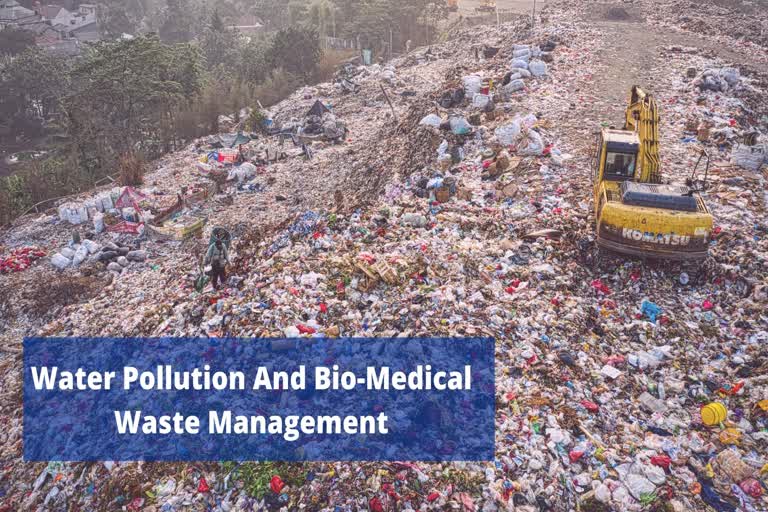Do you remember the times when almost the whole world was under lockdown due to the COVID-19 pandemic and a nationwide lockdown was imposed in India too, to prevent the rise in the number of cases of the novel coronavirus? The roads were empty and no vehicles except for the emergency ones were running on the roads. What we saw was that the pollution levels had come down to a large extent and people in certain northern cities of India had clear visibility of the mountains from afar, which was rather astonishing as it had never happened in decades. Although we saw the “environment healing” during those times, the lockdown phase affected the environment in a completely different way and most of us did not give a thought to it.
Since everyone was locked down at their homes, an increase in the usage of water in every household was obvious. More quantities of dirty and unclean water were generated. You will be surprised to learn that the polluted water from the households contributes to more than 70% of the total pollution in the rivers in our country. What is more worrisome is that the polluted water contains many chemicals too. When the pandemic began, people were asked to wash their hands with soap and water and people religiously followed it. But, due to this, many chemicals were found in the air and came in contact with the water as well. Some of these chemicals were harmful too.
In the COVID-19 era, what was once used only in hospitals and clinics i.e. face masks, plastic/rubber gloves, etc., reached every home. People had to wear it for their protection and as soon as their purpose was served, people carelessly disposed of them in dustbins. Even today, finding masks and gloves thrown in open on roads is a common sight. When people throw away these used protective gears in the open, waste collectors (people who collect waste or garbage) may happen to use them. Since the gears are not properly washed or disinfected before they are discarded, there are not only chances of the waste collectors contracting COVID-19, but higher possibilities of other communicable diseases spreading.
